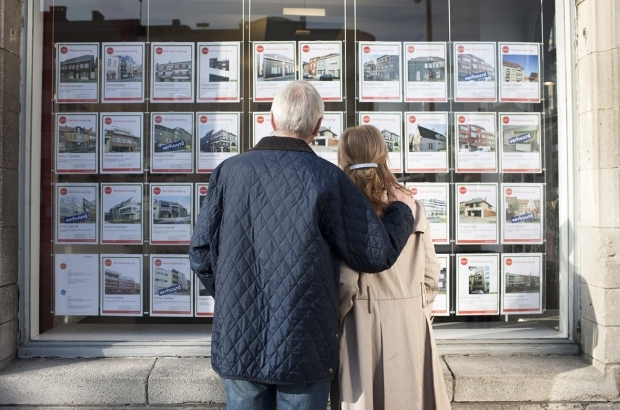- Daily & Weekly newsletters
- Buy & download The Bulletin
- Comment on our articles
A home away from home
The prices of private real estate in Belgium have for decades now been much less volatile than those in neighbouring countries. At the same time, prices survived the economic and financial crisis of 2007-2008 relatively unscathed. How did that happen?
Part of the reason is that private real estate prices in Belgium never rose as high as they did in neighbouring countries, firstly because local banks typically do not lend money if the client is already spending more than one-third of their regular monthly income on the repayment of other debts. Secondly, the tax on the purchase of real estate in Belgium is very high, with a headline figure varying between 10 and 12.5%, which discourages regular moves. Lastly, rents are not particularly high in Belgium because the rental market is not large: the typical Belgian would rather own his or her own house than rent.
The stability of the private property market attracts private investors. While taxation on property purchases is high, the taxation of the income from property for private investors is typically not high, providing you let the property to an individual as a private residence.
Before getting started in this market, however, it's worth looking at some key characteristics:
• Be sure about the property you want to buy and the price you want to pay for it. The system of making free offers you can withdraw at any time does not exist in Belgium. An offer is binding if accepted by the vendor, and the formal buying process (“Compromis de vente”) is triggered;
• You buy a property, in the condition you find it, without recourse to the former owner excluding some exceptional circumstances. Get a real estate expert to check it out in detail before you sign;
• Refurbishing an old house or changing the purpose of a non-residential building is regulated by strict planning rules which you have to follow;
• An estate agent, a property expert and a notary are all typical parties in any transaction. The notary is even mandatory. Assuming the vendor has his own notary, you have the choice to engage one of your own without any extra cost to the total notary costs of the transaction, which are calculated according to the sale price;
• It is more than worth the cost to ask for a valuation of the property by a real estate expert before committing to buy. Those few hundred euros extra could save you from paying too much for the property, or from buying a property without knowing exactly what state it is in;
There are plenty of information seminars held to help you prepare for a smooth buying process.
Dave Deruytter
Head of Expats & Non-Residents at ING Belgium




















Comments
This business of not being allowed to spend more than a third of your income on a mortgage is complete and utter nonsense. It should be based on affordability, nothing else.